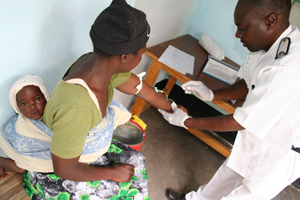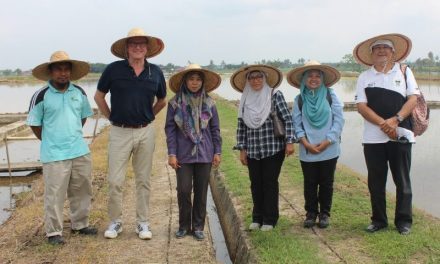2011 marks the ten-year anniversary of two events that have helped shape people’s ability in developing countries to access quality, affordable medical care.
First, the signing of the Doha Declaration, in which governments affirmed the need to prioritise health over trade: access to affordable medicines over intellectual property rights. But a decade later, the struggle to access medicines in developing countries continues.
One key fault-line is India, the home of the most quality affordable medicines used in the developing world, but which faces attacks by drug companies and wealthy countries who continue to clamp down on generic production. Other middle-income countries are increasingly finding themselves faced with escalating prices from the pharmaceutical industry. The price of vaccines is a newer source of contention, and will remain so, now that the world’s largest purchasers are openly publishing vaccine prices for the first time.
2011 is also the ten-year anniversary of the decision to create a ‘war chest’ to fight the developing world’s biggest killer diseases: HIV/AIDS, tuberculosis and malaria. Through the Global Fund, unprecedented levels of donor money were channelled towards saving lives. But ten years on, global health is suffering from a sudden shortfall in funding, as donor countries leave the Fund in dire financial straights.
Without renewed prioritisation of health, both politically and financially, recent scientific promise and policy advances look fragile. A landmark clinical trial showed conclusively this year that HIV treatment is a form of prevention, offering a glimpse of the possibility to turn the tide against AIDS – but wider scale up of treatment will need to happen for us to realise the benefits. The numbers of people receiving quality drug-resistant TB treatment remain very low, even when a new diagnostic tool has the potential to break the vicious circle of low demand and limited supply. And a subsidy intended to improve access to better malaria treatments got off the ground this year, but has contributed to a tripling of the raw material price, raising serious questions about its effectiveness.
Of course, it’s not just about the big three diseases. Children caught up in nutritional crises are beginning to receive food aid that is better adapted to their nutritional needs, but look beyond the glare of the latest media spotlight, and the plight of millions of malnourished children remains unaddressed. Lack of prioritisation by manufacturers precipitated a shortage of the main drug to treat Chagas disease, just as medical evidence and political prioritisation made it seem scale-up of treatment was within reach. New guidelines to treat cryptococcal meningitis point to a better way forward, but also present an almost textbook case of the barriers to effective and affordable medicines.
These are some of the barriers to medical care that people in developing countries encounter every day. MSF’s Access Campaign was created just over ten years ago in order to try, with others, to bring down some of these barriers which restricted our ability as a medical humanitarian organisation to give patients the best care we can. Ten years on, with real achievements under our belt, the battle is not yet won – there is still so much to fight for.
About the 10 stories, please ClickHere.
Source and Image:MSF










